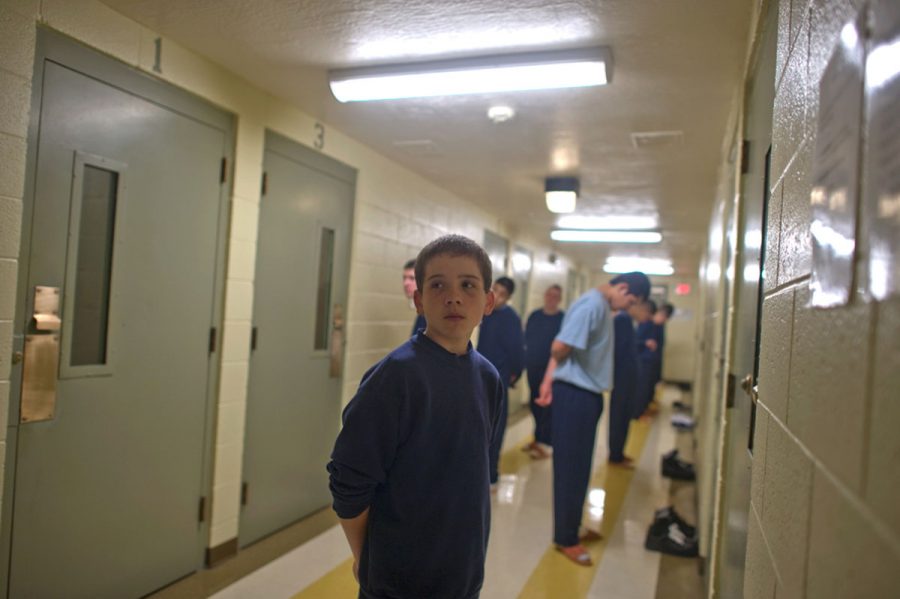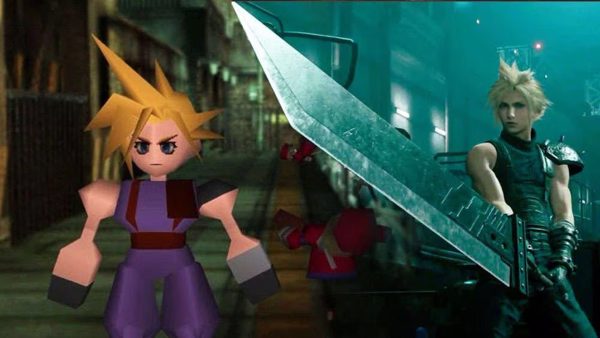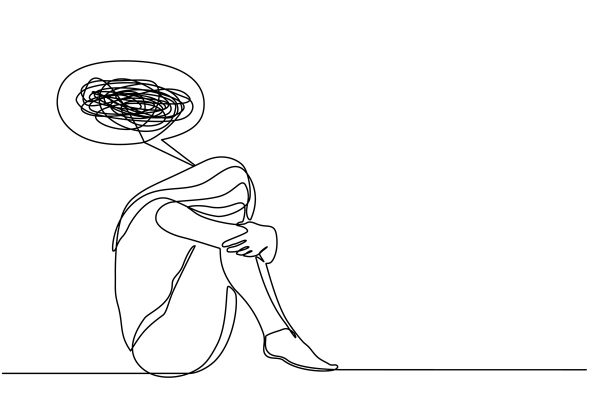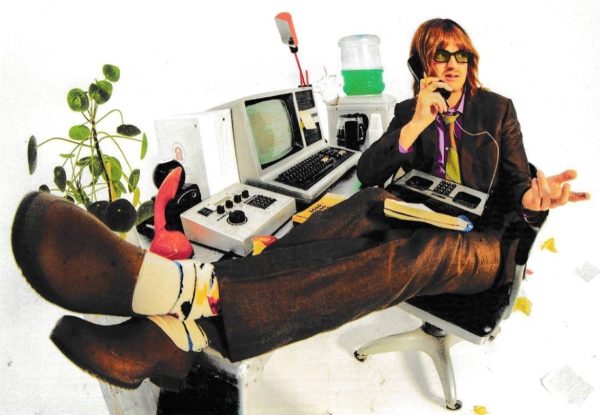Rethinking the juvenile prison system
A federal lawsuit against a Wisconsin youth prison sheds light on the inherently flawed institution
More stories from Hillary Smith
Photo by submitted
Alleged abuse in a Wisconsin youth prison prompts other questions and considerations when talking about how kids are treated in the U.S. criminal justice system.
Solitary confinement is one of the most psychologically damaging practices for humans to endure.
And yet, it is being done to children.
A federal lawsuit was recently filed by the American Civil Liberties Union alleging a youth prison located in northern Wisconsin was routinely violating the constitutional rights of the inmates. The lawsuit said an estimated 20 percent of the prison population is held in solitary confinement, and guards frequently and needlessly use pepper spray on inmates.
The lawsuit described the conditions of solitary confinement, such as children spending 22 to 23 hours in a 7 by 10 foot cell with no furniture other than a mattress. According to the lawsuit, the children are let out of their cells for one hour of exercise, but are handcuffed to a belt around their waist and chained to tables. Furthermore, they are provided no educational or entertainment materials except a single book.
These conditions are unacceptable for any human, let alone a kid. The United Nations has called for solitary confinement to be used only in extreme cases, and in 2016, then-President Barack Obama denounced the practice, especially referencing the potentially devastating psychological effects it could have on children.
Despite this, kids are still facing abuse in facilities meant to help them, facilities meant to guide them in the right direction so when they are released, they are ready to re-enter society.
Instead, massive percentages of those who go through the youth prison system end up struggling with issues like substance abuse and emotional disorders. They are thrown back into the world, burdened by social stigmas and deprived of the skills and experience they could have gained in school had they not been locked up instead.
When kids go to school, they are, ideally, provided with the structure, support and skills needed to create a positive, productive life.
However, when children are put in a Juvenile Detention Center (JDC), they are deprived the chance to grow in a productive environment. In the aforementioned Wisconsin facility, inmates in solitary confinement receive one hour of education per day. In comparison, inmates not in solitary get four to five hours. To put kids whose brains aren’t even fully developed in such an oppressive environment is criminal in and of itself.
The issue of juvenile crime must be considered holistically rather than situationally. The JDC system must undergo reform, but surrounding areas must be simultaneously considered. If more preventative measures are implemented proactively, the overall juvenile crime rate would be reduced. Furthermore, other programs could be set in place as pre-juvy consequences for when a kid breaks the law.
One emerging practice is Evening Reporting Centers (ERC) which provide a program as an alternative to detention centers. They are relatively new and thus are still being studied, but ERC’s act as a place in the community for high-risk youth to be supervised and guided, reducing the number of kids exposed to confinement while offering support, skills and connections. The ERC’s also allow kids to go home at night rather than sleep in a cell.
There are numerous avenues from which this issue can be approached; the process is daunting, but serious measures have to be taken from every facet of society to initiate change and find ways to help kids in the U.S. – ways that don’t involve abuse from guards, solitary confinement and a practically non-existent education.
The way a nation treats their children reflects the character of that country. The United States should avoid mirrors, for the reflection would be shameful.










